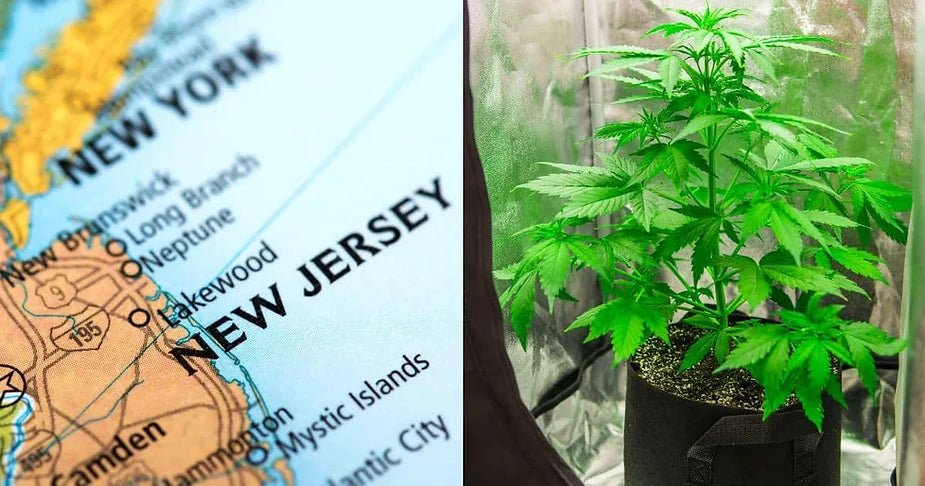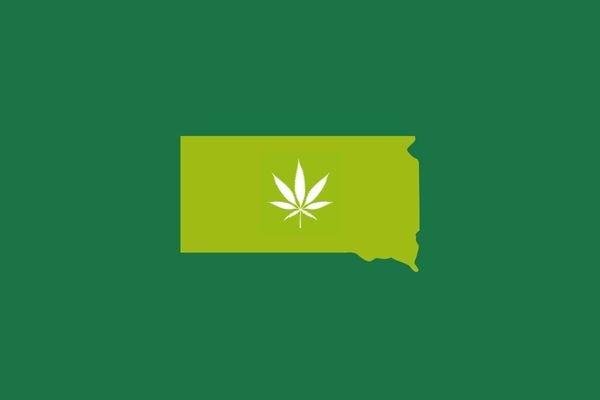The move comes less than two months after the Eastern Band of Cherokee Indians (EBCI) began medical marijuana sales on the unofficial 4/20 national marijuana holiday.

For millennia, Indigenous peoples worldwide have been powerfully connected to the natural world. As a descendant of a Cherokee great-grandmother, this author has a unique and emotional bond with the Eastern Band of Cherokee Indians (EBCI) in Western North Carolina.
Having survived the sadistic and criminal abuse at the hands of despicable 19th-century American figures like President Andrew Jackson, who forced the brutal and violent displacement of the Cherokee people from their homes on the east coast to the then-barren and bleak plains of Oklahoma, infamously known as the "Trail of Tears," the EBCI represents a symbol of survival, perseverance, strength, love, and progressive innovation.
While North Carolina lawmakers continue to fight over and bungle proposed cannabis legalization measures for both medicinal and recreational marijuana, forward-looking leaders within the Tribal Council of the EBCI are preparing to launch the first legal sales of adult-use cannabis in the state, just two months after initiating a medical marijuana program on the reservation known as the Qualla Boundary.
According to multiple local and national media outlets, the EBCI Tribal Council voted 8-2 Thursday morning to amend its Tribal Code to allow the sale of adult-use cannabis at its new reservation dispensary. The Council approved Ordinance 63, which revises Chapter 17 of the EBCI Code, enabling the sale of both medical and recreational marijuana on tribal lands.
Like all formally recognized Native American Tribes, the EBCI is a sovereign nation with its own laws, elections, government, and autonomous institutions. Primarily located in the mountain counties of Swain and Jackson, the reservation also covers smaller parts of Cherokee, Graham, and Haywood counties.
With all forms of cannabis, medical and recreational, still illegal in the Tarheel State, the EBCI is poised to be the sole source of legal cannabis over a four-state area. And, while adult-use sales will not be immediate, Qualla Enterprises General Manager Forrest Parker says EBCI leaders are aiming for tribal members to begin purchasing recreational cannabis products within "30-45 days," with the general public being allowed to buy adult-use items in a "60-75 day range."
The Great Smoky Cannabis Co., run by Qualla Enterprises LLC, is the sole medical and recreational sales dispensary on the reservation. With the retail location only beginning sales of medical cannabis products on the unofficial weed holiday of 4/20, those running the massive facility will need the next month and a half to hire and train staff for the inevitable onslaught of consumers set to descend on the Qualla Boundary this summer.

Qualla Boundary Cannabis Dispensary
In addition, the business will need to procure a license from the Tribal government to sell adult-use cannabis, Parker said. Outside of that clerical action, the regulations governing sales established under the medical marijuana program will remain the same.
Along with its highly successful and lucrative casino operations, the addition of medical and recreational cannabis sales will further enhance the EBCI economy, creating close to 350 jobs for tribal members. Thursday's decision will also serve as an excellent example and template for other Native Tribes considering legalizing medical and adult-use cannabis sales on their respective reservations.
Undaunted and unaffected by the political whims and prejudices abundant in the non-tribal government spaces, it is sweetly ironic that their land, initially stolen from them by European colonizers, will now be providing the brutalized and beleaguered Indigenous peoples of America with millions and millions of dollars to help further strengthen and solidify their economic and social elevation in a country they never wanted to join but continue to thrive in despite all the pain, broken promises, and ignorance of their former oppressors.






































